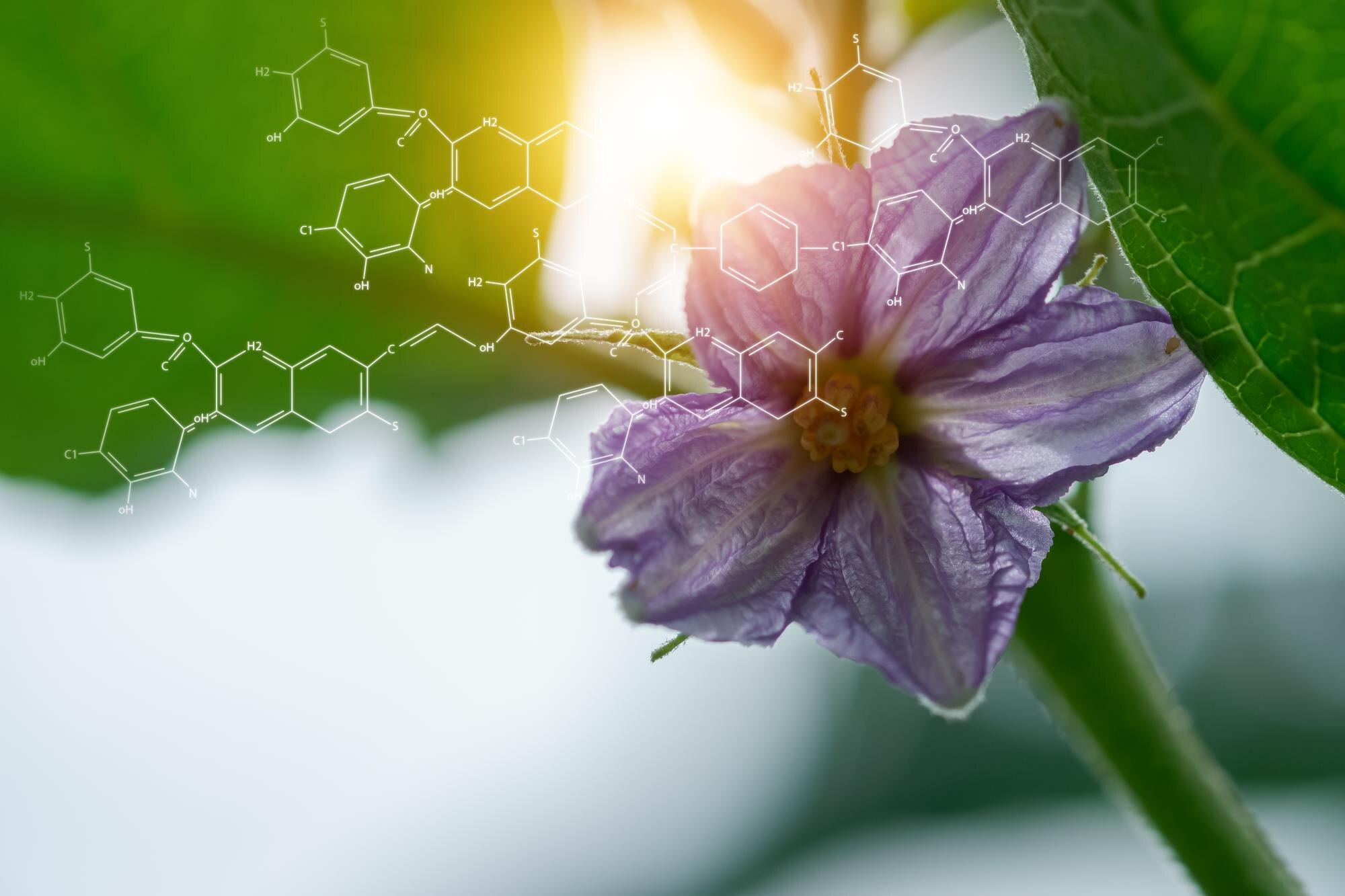
Bridging the Gap: The Science Behind Integrating Natural and Conventional Cancer Care
Bridging the Gap: The Science Behind Integrating Natural and Conventional Cancer Care
Most people believe cancer care means choosing between natural or conventional treatments. But what if combining both could support your well-being in ways you haven’t imagined? Integrative cancer care blends natural cancer treatments with conventional cancer treatments to offer a personalized path toward healing. Let’s explore how this approach can help you feel more empowered and resilient on your cancer recovery journey. Learn more about integrative approaches here.
Understanding Integrative Cancer Care

Integrating natural and conventional cancer treatments offers a fresh perspective on healing. It creates a path that respects both traditional and modern approaches, opening doors to new possibilities in cancer care.
Benefits of a Holistic Approach
Imagine a world where your treatment plan considers your entire well-being. This is the essence of a holistic approach. It isn't just about treating the disease; it's about caring for the whole person. By combining natural and conventional methods, you can experience a more personalized healing path. This approach can help reduce side effects, improve overall health, and boost your emotional resilience. It's about creating a balance that works for you and your unique needs.
Let's take Sarah, for example. After her diagnosis, she explored both traditional and natural therapies. By integrating these, she found more energy and peace of mind. Her treatment wasn't just about fighting cancer; it became a journey of self-discovery and empowerment.
Science Behind Combining Therapies
The science of integrating therapies is fascinating. By combining different approaches, you can potentially enhance the effectiveness of your treatment. Research shows that methods like acupuncture, when used alongside chemotherapy, might help manage side effects such as nausea. You can read more about these scientific insights here.
The key is to create a synergy that maximizes benefits and minimizes drawbacks. It's not about replacing one with the other; it's about finding harmony. This science-backed approach supports your body's natural healing processes and empowers you to take charge of your health journey.
Exploring Natural Cancer Treatments

Natural cancer treatments can offer additional support on your path to recovery. These therapies focus on enhancing your body's ability to heal while nurturing your mind and spirit. Let's delve into how these treatments can play a crucial role.
Role of Mind-Body Wellness
Mind-body wellness is vital in the realm of cancer treatment. Techniques such as meditation and yoga not only help reduce stress but also improve mental clarity and emotional balance. Engaging in these practices can create a sense of peace and control, which is essential during challenging times.
Consider how simple breathing exercises can calm your mind and lower anxiety levels. When your mind is at ease, your body can focus more on healing. Embracing mind-body wellness means acknowledging that emotional health is just as important as physical health in your recovery journey.
Popular Natural Therapies
There are several natural therapies gaining popularity for their supportive roles. Herbal supplements, acupuncture, and dietary changes are among the most common. Each of these can complement conventional treatments, offering a broader spectrum of care.
For instance, some patients find that incorporating turmeric into their diet helps reduce inflammation. Others might turn to acupuncture to manage pain. It's important to consult with your healthcare provider to ensure these therapies align with your overall treatment plan. For further reading on natural therapies, visit this resource.
Conventional Cancer Treatments Insights

While exploring natural options is valuable, conventional therapies remain a cornerstone of effective cancer treatment. Understanding current practices helps you make informed decisions about your care.
Current Standard Practices
Conventional treatments include chemotherapy, radiation, and surgery. These methods are often necessary for targeting and eliminating cancer cells. They are backed by years of research and clinical studies, making them essential components of cancer care.
Despite their importance, these treatments can have side effects. This is where integrative care steps in, offering ways to mitigate these effects and support recovery. Learning about these practices gives you a clearer picture of what to expect and how to prepare.
Enhancing Recovery with Integrative Care
Integrative cancer care can enhance recovery by combining the strengths of different therapies. By doing so, it aims to improve your quality of life and foster a more sustainable healing process. Studies suggest that patients who embrace integrative approaches often experience fewer side effects and better emotional well-being.
As you navigate your cancer journey, consider how an integrative approach could fit into your treatment plan. This blend of therapies is not about choosing one over the other but about creating a personalized path to wellness that empowers you at every step.
The longer you wait to explore these options, the more opportunities you might miss to enhance your healing journey. Discover how you can take control of your cancer care and book a consultation today to explore integrative solutions tailored to you.
Remember, you are not alone on this journey. With the right blend of compassion, expertise, and personalized care, you can face cancer with hope and resilience.







